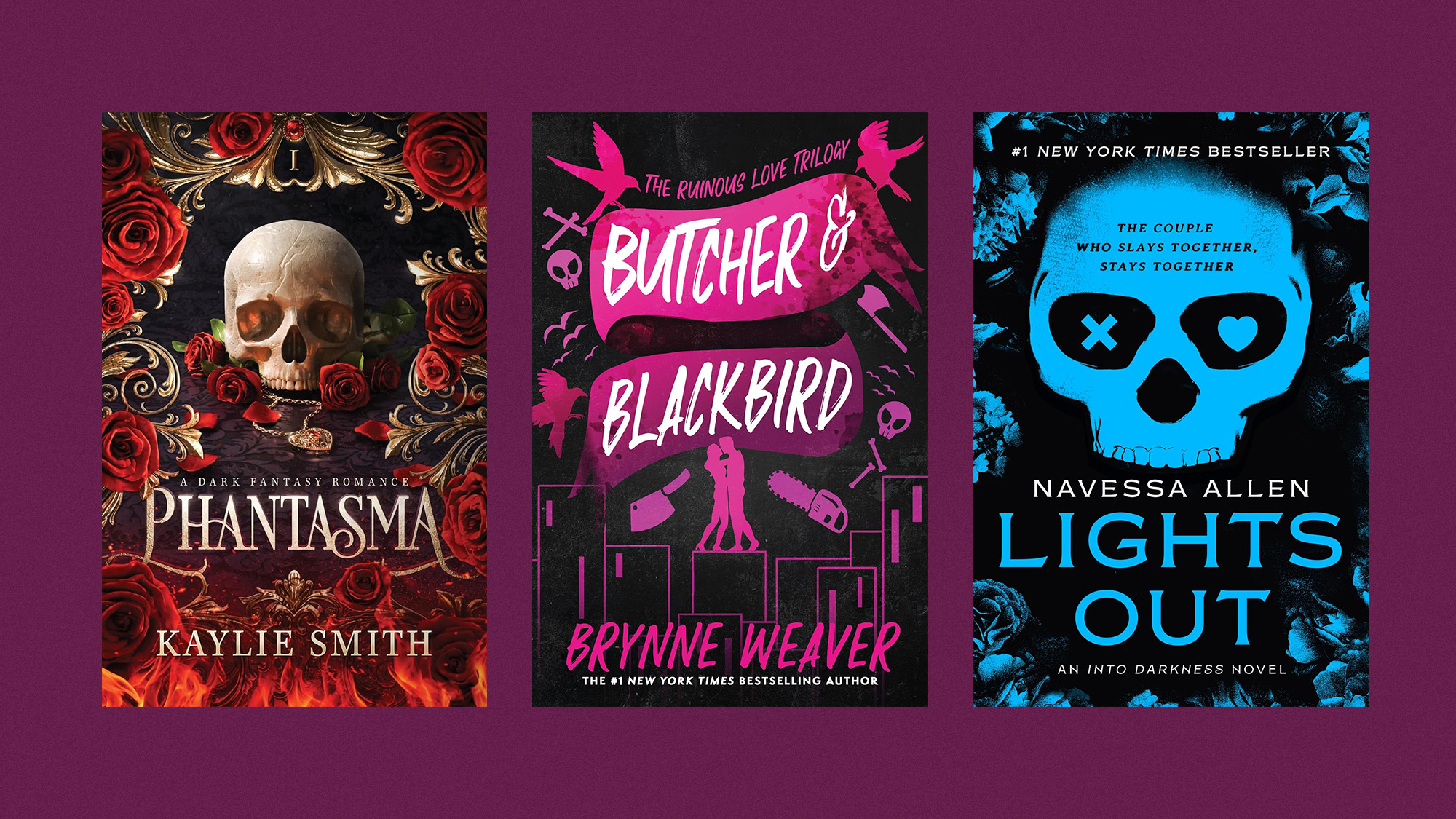Can anyone save Zimbabwe's democracy?
Southern African leaders could hold the key to solving Zimbabwe’s violent political impasse, but will they?
What happened
Zimbabwe opposition leader Morgan Tsvangirai accused President Robert Mugabe of ruling through a “military junta,” as violence continues in the run-up to a June 27 presidential runoff election. Tsvangirai said 66 opposition supporters have been killed since the first election in March, with 3,000 more hospitalized due to state-sponsored violence. (BBC News) Human Rights Watch said that government violence made a free and fair runoff election impossible. (Reuters)
What the commentators said
The Week
Escape your echo chamber. Get the facts behind the news, plus analysis from multiple perspectives.

Sign up for The Week's Free Newsletters
From our morning news briefing to a weekly Good News Newsletter, get the best of The Week delivered directly to your inbox.
From our morning news briefing to a weekly Good News Newsletter, get the best of The Week delivered directly to your inbox.
Mugabe has “declared war” on Tsvangirai’s party, said Richard Dowden in The Times of London, and there’s “zero” chance he’ll let himself be defeated at the ballot box. But if he “wins” under these circumstances, “the reaction of the regional leaders would be crucial.” The key player is South Africa, but President Thabo Mbeki’s “quiet diplomacy has failed,” and the “Kenya-style government of national unity” proposed by his successor, Jacob Zuma, is “unthinkable.”
There’s still one South African, Nelson Mandela, whose “smallest word” would make a “huge difference,” said Christopher Hitchens in Slate. Instead he’s “apparently toeing the scandalous line” taken by Mbeki. Mandela’s “silence” makes him “complicit in the pillage and murder” of Zimbabweans and the “strangulation” of its democracy, and it “bruises the soul” that he’s ending his heroic career like this.
Mandela actually urged Mugabe to resign last November, said The Miami Herald in an editorial, and Mugabe ignored his plea. Still, “Mbeki and other regional leaders” are the ones “best positioned to demand and enforce a cessation of violence.” And demand it they must, then push for internationally monitored “fair elections”—the time to “stand by as mute witnesseses to a travesty” is long past.
A free daily email with the biggest news stories of the day – and the best features from TheWeek.com
-
 The best dark romance books to gingerly embrace right now
The best dark romance books to gingerly embrace right nowThe Week Recommends Steamy romances with a dark twist are gaining popularity with readers
-
 The ocean is getting more acidic — and harming sharks’ teeth
The ocean is getting more acidic — and harming sharks’ teethUnder the Radar ‘There is a corrosion effect on sharks’ teeth,’ a study’s author said
-
 6 exquisite homes for skiers
6 exquisite homes for skiersFeature Featuring a Scandinavian-style retreat in Southern California and a Utah abode with a designated ski room